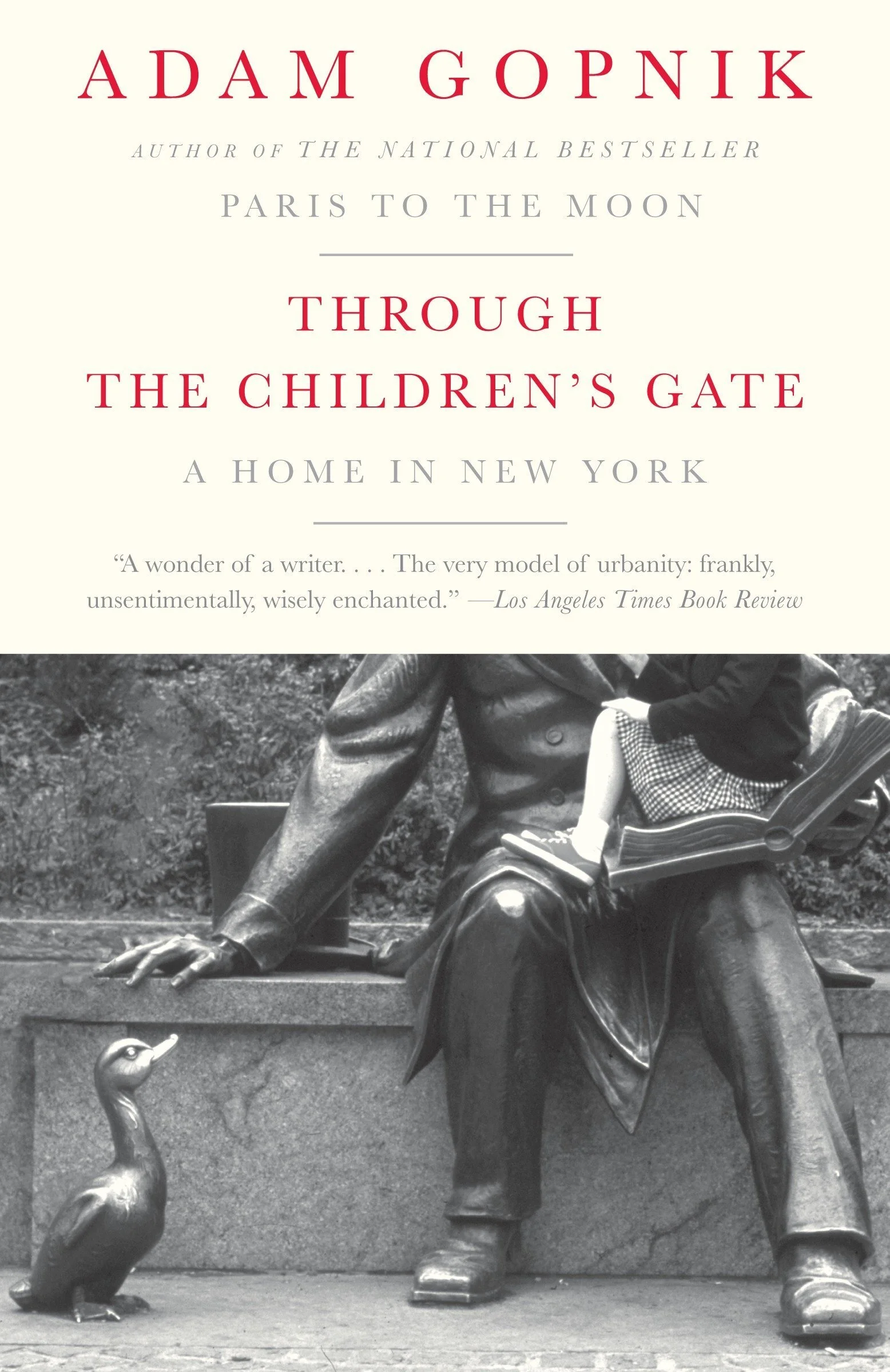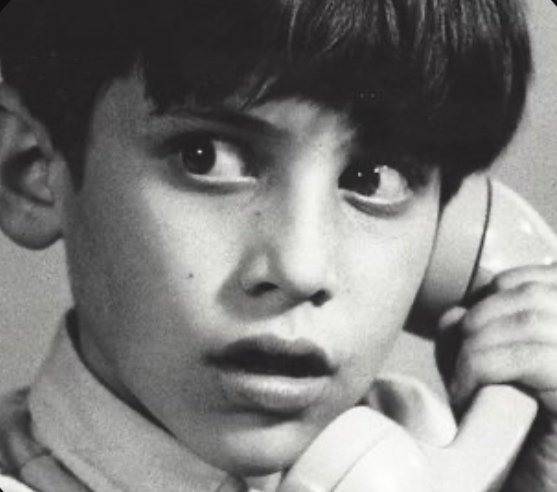The Real Work: On The Mystery of Mastery
In The Real Work—the term magicians use for the accumulated craft that makes for a great trick—Gopnik becomes a dedicated student of several masters of their craft: a classical painter, a boxer, a dancing instructor, a driving instructor, and others. Rejecting self-help bromides and bullet points, he nevertheless shows that the top people in any field share a set of common qualities and methods. For one, their mastery is always a process of breaking down and building up—of identifying and perfecting the small constituent parts of a skill and the combining them for an overall effect greater than the sum of those parts. For another, mastery almost always involves intentional imperfection—as in music, where vibrato, a way of not quite landing on the right note, carries maximum expressiveness. Gopnik’s simplest and most invigorating lesson, however, is that we are surrounded by mastery. Far from rare, mastery is commonplace, if we only know where to look: from the parent who can whip up a professional strudel to the social worker who—in one of the most personally revealing passages Gopnik has ever written—helps him master his own demons.
A Thousand Small Sanities
The New York Times-bestselling author offers a stirring defense of liberalism against the dogmatisms of our time. Not since the early twentieth century has liberalism, and liberals, been under such relentless attack, from both right and left. The crisis of democracy in our era has produced a crisis of faith in liberal institutions and, even worse, in liberal thought. A Thousand Small Sanities is a manifesto rooted in the lives of people who invented and extended the liberal tradition. Taking us from Montaigne to Mill, and from Middlemarch to the civil rights movement, Adam Gopnik argues that liberalism is not a form of centrism, nor simply another word for free markets, nor merely a term denoting a set of rights. It is something far more ambitious: the search for radical change by humane measures. Gopnik shows us why liberalism is one of the great moral adventures in human history–and why, in an age of autocracy, our lives may depend on its continuation.
A memoir that captures the romance of New York City in the 1980s. When Adam Gopnik and his soon-to-be-wife, Martha, left the comforts of home in Montreal for New York, the city then, much like today, was a pilgrimage site for the young, the arty, and the ambitious. But it was also becoming a city of greed, where both life’s consolations and its necessities were increasingly going to the highest bidder. At the Strangers’ Gate builds a portrait of this particular moment in New York through the story of this couple’s journey–from their excited arrival as aspiring artists to their eventual growth into a New York family. Gopnik transports us to his tiny basement room on the Upper East Side, and later to SoHo, where he captures a unicorn: an affordable New York loft. He takes us through his professional meanderings, from graduate student-cum-library-clerk to the corridors of Condé Nast and the galleries of MoMA. Between tender and humorous reminiscences, including affectionate portraits of Richard Avedon, Robert Hughes, and Jeff Koons, among many others, Gopnik discusses the ethics of ambition, the economy of creative capital, and the peculiar anthropology of art and aspiration in New York, then and now.
Never before have we cared so much about food. It preoccupies our popular culture, our fantasies, and even our moralizing. With our top chefs as deities and finest restaurants as places of pilgrimage, we have made food the stuff of secular seeking and transcendence, finding heaven in a mouthful. But have we come any closer to discovering the true meaning of food in our lives?
“The finest book on France in recent years.” —Alain de Botton, New York Times Book Review
In 1995, Adam Gopnik, his wife, and their infant son left the familiar comforts and hassles of New York City for the urbane glamour of Paris. In the grand tradition of Stein, Hemingway, Baldwin, and Liebling, Gopnik set out to enjoy the storied existence of an American in Paris—walks down the paths of the Tuileries, philosophical discussions in cafés, and afternoon jaunts to the Musée d’Orsay. But as readers of Gopnik’s beloved and award-winning “Paris Journal” in The New Yorker know, there was also the matter of raising a child and carrying on with la vie quotidienne—the daily, slightly less fabled life. As Gopnik discovers in this tender account, the dual processes of navigating a foreign city and becoming a parent are not completely dissimilar—both promise new routines, new languages, and a new set of rules by which each day is to be lived. With singular wit and insight, Gopnik manages to weave the magical with the mundane in this wholly delightful book.
Not long after Adam Gopnik returned to New York at the end of 2000 with his wife and two small children, they witnessed one of the great and tragic events of the city’s history. In his sketches and glimpses of people and places, Gopnik builds a portrait of our altered New York: the changes in manners, the way children are raised, our plans for and accounts of ourselves, and how life moves forward after tragedy. Rich with Gopnik’s signature charm, wit, and joie de vivre, here is the most under-examined corner of the romance of New York: our struggle to turn the glamorous metropolis that seduces us into the home we cannot imagine leaving.
In this captivating double life, Adam Gopnik searches for the men behind the icons of emancipation and evolution. Born by cosmic coincidence on the same day in 1809 and separated by an ocean, Lincoln and Darwin coauthored our sense of history and our understanding of man’s place in the world. Here Gopnik reveals these two men as they really were: family men and social climbers, ambitious manipulators and courageous adventurers, grieving parents and brilliant scholars. Above all we see them as thinkers and writers, making and witnessing the great changes in thought that mark truly modern times.
A taste for winter, a love of winter — “a mind for winter” — is for many a part of the modern human condition. International bestselling author Adam Gopnik does for this storied season what he did for the City of Light in the New York Times bestseller Paris to the Moon. In this stunningly beautiful meditation, Gopnik touches on a kaleidoscope of subjects, from the German romantic landscape to the politics of polar exploration to the science of ice. And in the end, he pays homage to what could be a lost season — and thus, a lost collective cultural history — due to the threat of global warming. Through delicate, enchanting, and intricate narrative detail, buoyed by his trademark gentle wit, Gopnik draws us into another magical world and makes us look at it anew.
Oliver Parker is a ten-year-old American boy miserably trapped in Paris, where his father is stationed as a journalist. Intimidated by his French school and its prickly teachers, oppressed by gray and wintry Paris, and feeling curiously remote from his father-who spends more and more time staring dully into his computer screen--Oliver longs to return to America. But if he has to stay in Paris, Oliver sure wouldn't mind if the elegant and very French little girl down the street, Neige, deigned to notice him. During dinner with his parents one cold January evening, Oliver feels silly wearing the paper crown of an Epiphany-festival French king. That night, looking in the mirror, he sees a boy in an ancient French doublet gazing back at him. The boy, Francois, tells Oliver that he himself is kingly, and that he has a special mission--rescuing souls. The King in the Window is a beautifully written, suspenseful adventure tale in the tradition of C.S. Lewis and J.R.R. Tolkien--an instant classic.
Rose lives in New York, the city of bright lights and excitement—where extraordinary things happen every day. But Rose wasn’t born in New York; she was adopted and arrived there at age two; and though Rose loves her home and her adopted family, sometimes she can’t help but feel different, like she’s meant to be somewhere else.











